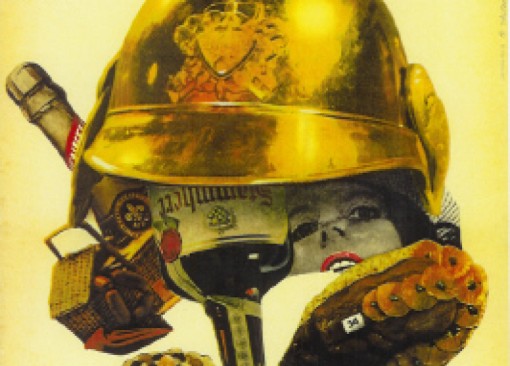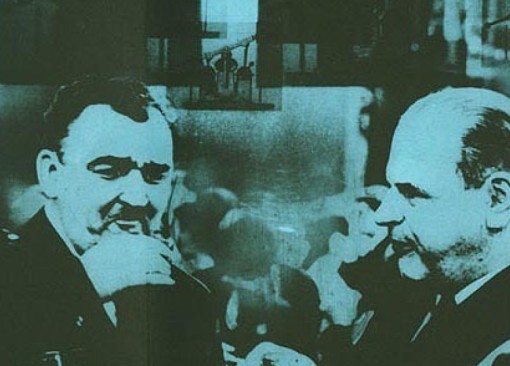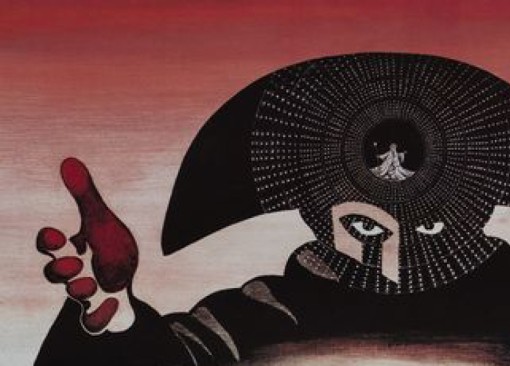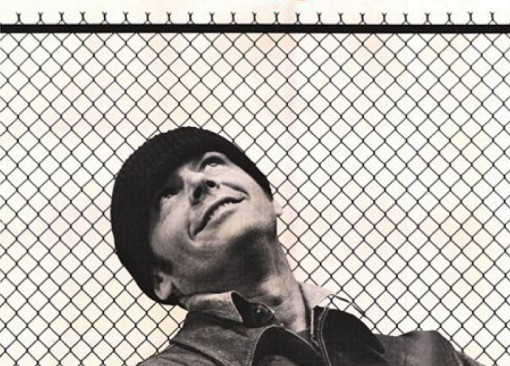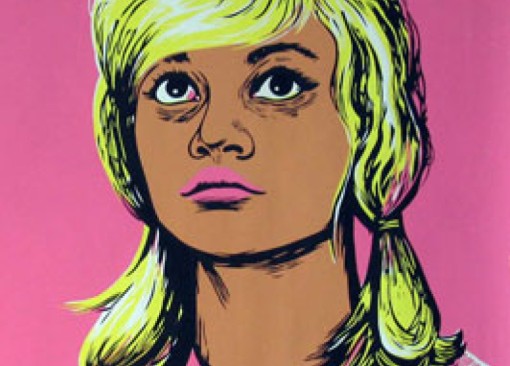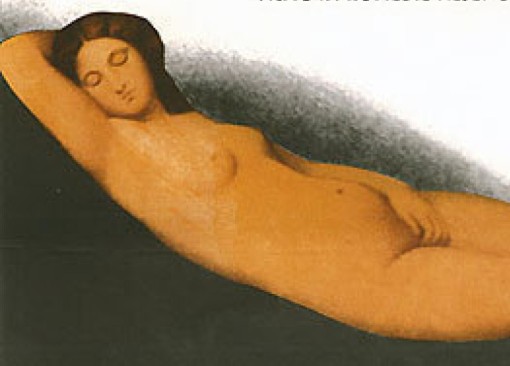Monograph

Stanislava Pradna:
Milos Forman: Filmar mezi dvěma kontinenty
(The Filmmaker In Between Two Continents)
Host, Brno, Czech Republic, 2009
This is the most extensive biography about Forman to date. It provides detailed studies of his work and summarizes previous studies and books (including Czech and international reviews). It includes a bibliography of books about Milos Forman, and also his complete filmography. This filmography was compiled by Milos Fikejz from The National Film Archive in Prague, and includes Forman’s work on projects by other directors, documentaries about him, and his work for the theatre. There is a resume in English and a name index.

A. J. Liehm:
The Milos Forman Stories
IASP, New York, USA, 1975
Sixty-Eight Publishers, Toronto, Canada, 1976, second edition
This book compiles stories told by Milos Forman (recorded from winter 1972 to spring 1973) and Liehm’s comments and reviews of Forman's films. An interview with Milos Forman for “Filmove a televizni noviny” (“The Film and Television News magazine”, 23rd of January, 1969) is included in the appendix. The most recent Czech edition includes Liehm’s essay about Forman with analysis of his work from his first films to “Valmont” (1989). The author analyses Milos Forman’s work primarily within the ideological context of the reforms in the 1960s.
Other Publications

A. J. Liehm:
Pribehy Milose Frormana
Mlada fronta, Prague, Czech Republic, 1993

Jan Foll:
Milos Forman
The Czechoslovak National Film Institute, Prague, Czechoslovakia, 1989 (Male filmove profily series)
This book provides a brief overview of Milos Forman’s work. It is based on Liehm’s “The Milos Forman Stories”. In the 1980s, the official Czech critics accused Forman of only pursuing blockbusters; however Foll describes these tendencies as a change in Forman’s style of work. According to Foll, “All the works of Milos Forman have one thing in common: the constant striving to show all the different faces of freedom and its fight against oppressors.” He describes the genesis of each film, its literary base, the use of technical facilities, and the cast as he tries to put the films into broader philosophical context.

Jasmin Dizdarevič:
Konkurs na rezisera Milose Formana
(Audition for Director Milos Forman)
AG kult, Prague, Czech Republic, 1990
This book is a compilation of interviews with Milos Forman’s friends and colleagues. It was Dizdarevic's thesis project. The book sold over 50 000 copies. The high volume of sales can be attributed to the “after-revolution” boom in book publishing after 1989, when just the name of the “forbidden” director and émigré Milos Forman drew in readers.

Christian Aguilera:
Milos Forman: El cineasta del inconformismo
Miloš Forman: Nekonformni filmar
Berenice, Córdoba, Spain, 2006
This is the first Spanish language film scholarship on Milos Forman. The author Christian Aguilera is the editor-in-chief of the most complex Spanish language film database: www.cinearchivo.com.

César Ballester:
Miloš Forman
Cátedra, Madrid, Spain, 2007
This book offers a contemporary perspective on Milos Forman’s work in film, and focuses on the themes of his films. Ballester positions Forman as part of two anti-establishment film movements. First, Forman was part of the Czech New Wave, which criticized communism and its disadvantages. Then, after the 1968 Soviet invasion, Forman joined the New Hollywood Movement, which reflected on the social, racial and gender changes in 1970s America.

Thomas J. Slater:
Milos Forman. A Bio-Bibliography
Greenwood press, Westport, Connecticut, USA, 1987
This book is one of the most precise studies of Milos Forman’s work. It starts with a short biography, which contextualizes the artistic and the philosophical evolution of his work. The majority of the book consists of a critical filmography with annotations and a bibliography with an introduction.



